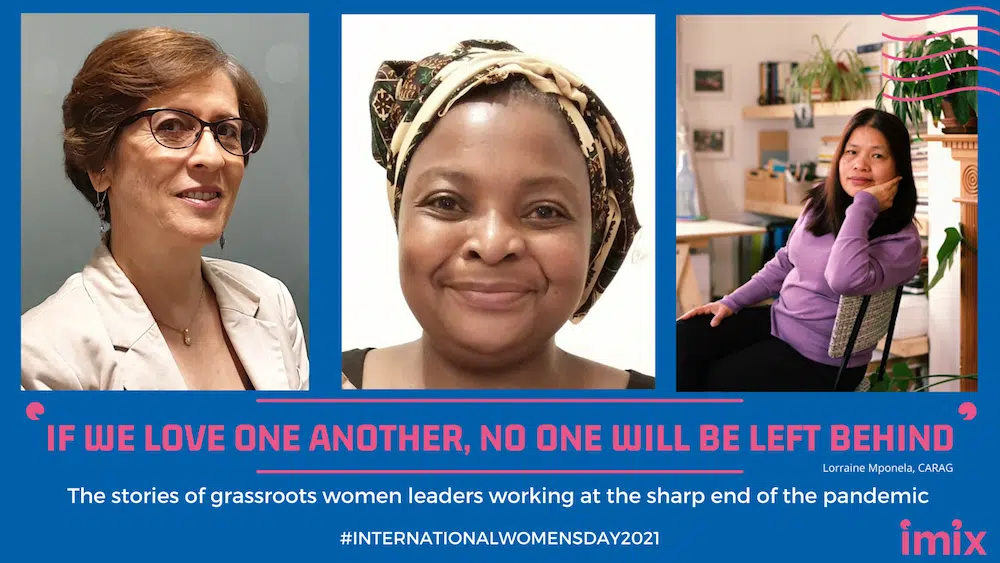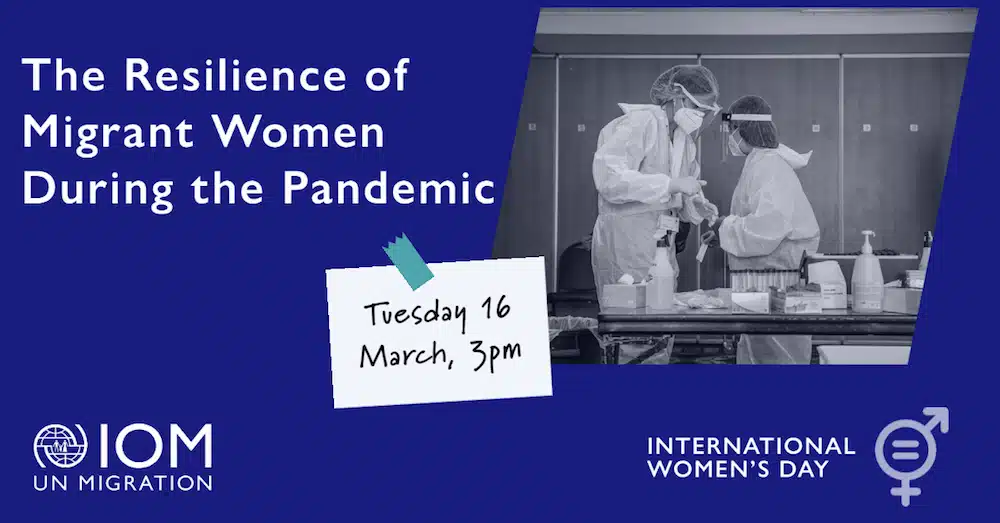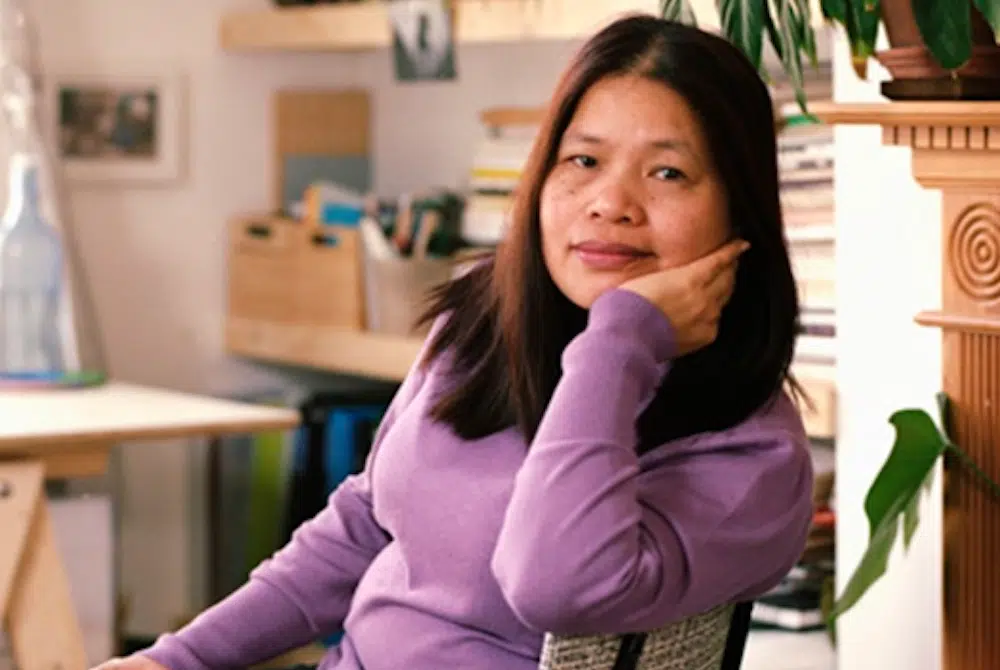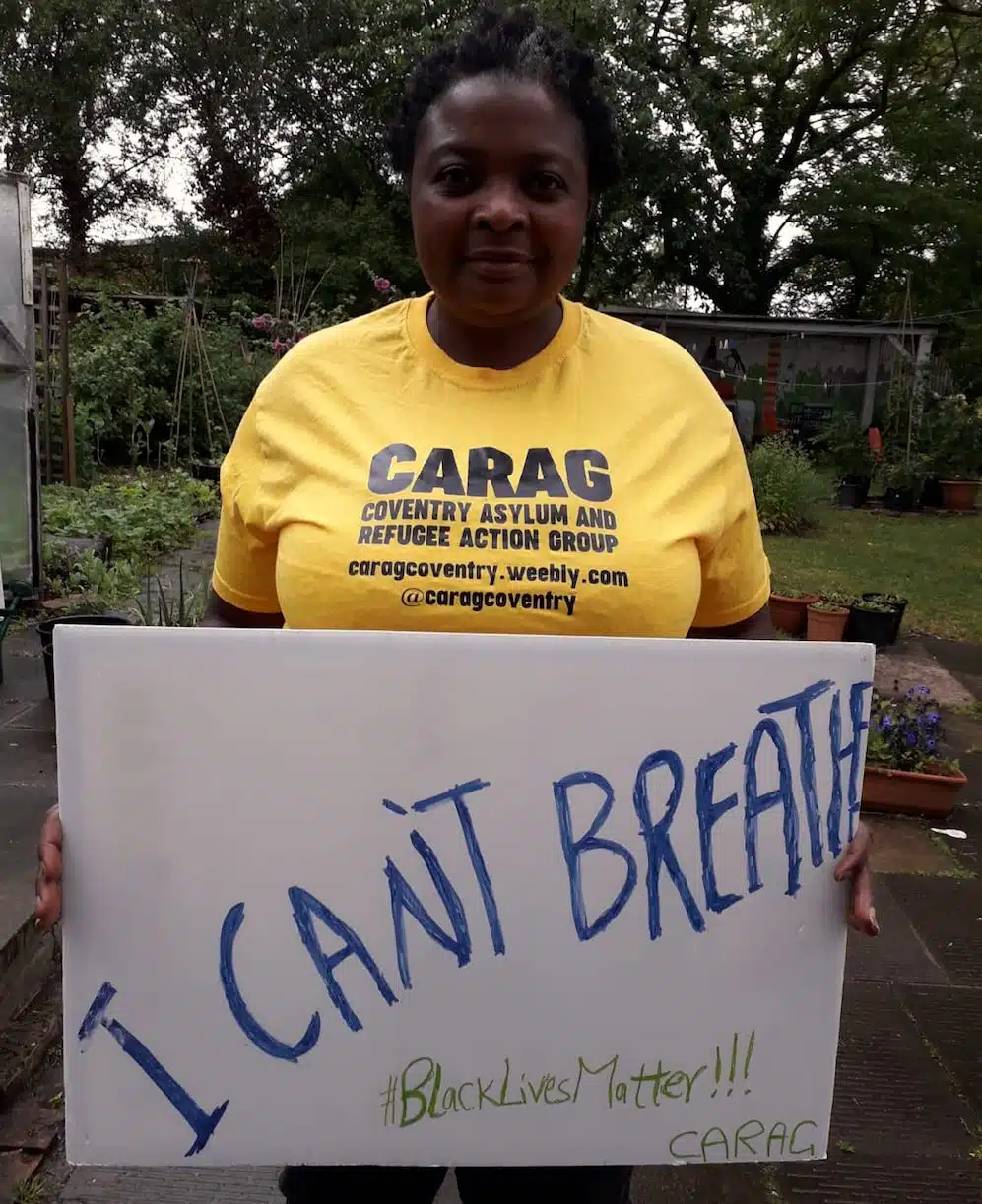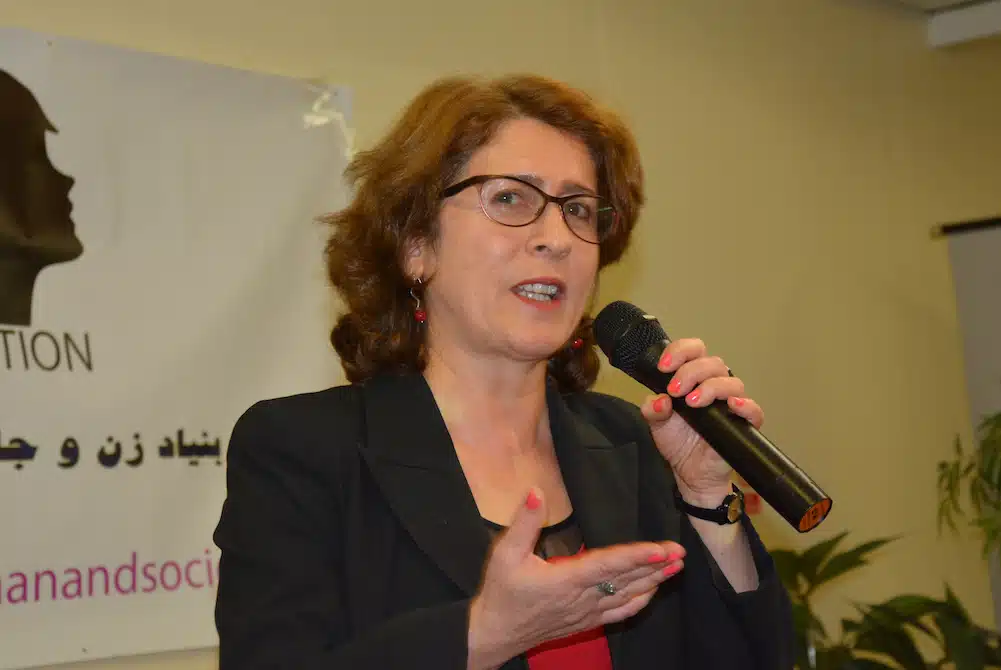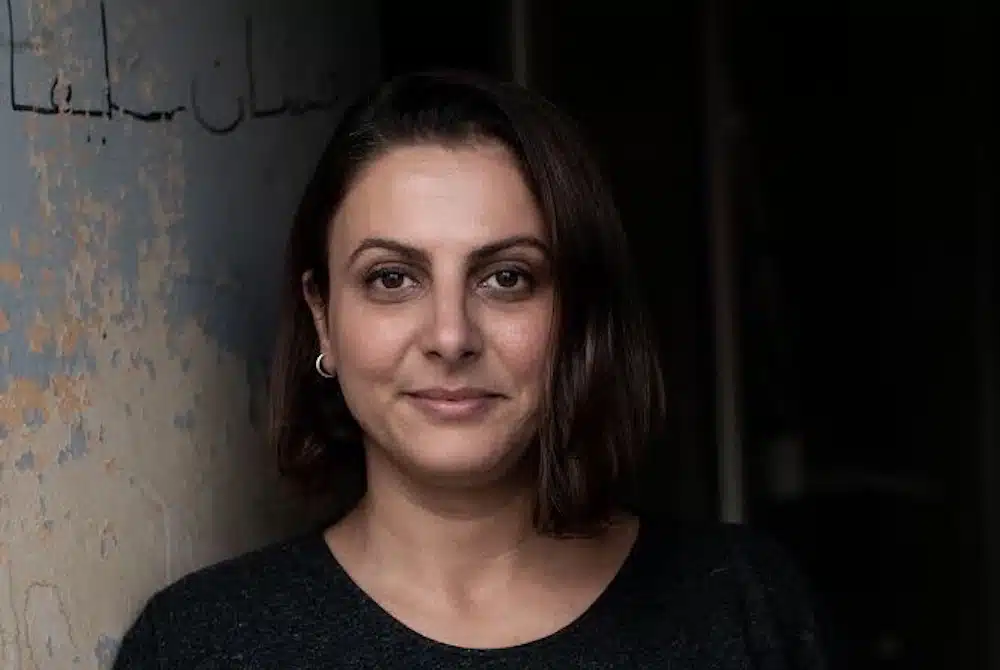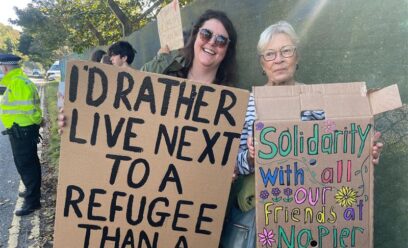International Women’s Day 2021: Celebrating inspirational women leaders working at the grassroots
Posted by Katherine Maxwell-Rose on March 7, 2021To mark International Women’s Day 2021, IMIX celebrates women leaders working at the grassroots, responding to issues at the heart of the pandemic.
In partnership with the International Organization for Migration (IOM) who will be hosting an event next week (Tuesday 16, March) on The Resilience of Migrant Women During the Pandemic, we interviewed three extraordinary leaders who have been supporting women hit hardest by the pandemic. Each one shared honestly about the pain and suffering women from migrant backgrounds have experienced over the last year, but also passionately about their campaigns and work to create significant change. On this International Women’s Day, let’s take the time to listen to these stories from the grassroots, be moved and challenged to continue campaigning and working together to mould a better future for all women in the UK.
Marissa Begonia, Founding Member and Director of The Voice of Domestic Workers
‘Domestic workers and other women on the frontline are the essential workers in our fight against this pandemic despite being the hardest hit. We should recognise and value their existence and skills as an important workforce that keeps our economy going. While migrant women care for us, we also need to continue to work on how to improve their lives including their families. We need to organise and empower women to ensure their voices are heard and that they are part of lobbying and campaigning for their own rights. Domestic workers must be allowed to renew their visas and settle in the UK. Having more rights will help them to take action against abusive and exploitative work. The government needs to pay attention to the needs of migrant women and end the hostile environment. Migrant women need to be given the chance to engage and contribute to society.’
Read Marissa’s full interview here.
Loraine Mponela is the Chairperson at CARAG (Coventry Asylum and Refugee Action Group) and on the board of Women For Refugee Women.
‘If we love one another, no one would be left behind. Reach out to a sister and find out how things are. You could be the one holding the idea that can end her suffering or you may know someone else who could help. Even a word of encouragement is important. If everything that we do comes from a point of love then we can change the world.
I have been asking myself if empathy really exists. The way people have been suffering in this country, if there was empathy, we should have been seeing some fairness, some kindness, things being better for everyone. Every human being is important. People should be treated with empathy regardless of their immigration status. I can’t believe that the government have a strategy where it uses destitution, detention, deportation and making people suffer until they die as a strategy to maintain a society. That’s just too extreme. I want them to end the hostile environment, and have empathy and compassion towards people. We need solidarity and action for any injustice for migrant women.’
Read Lorraine’s full interview here.
Halaleh Taheri is founder and executive director of MEWSo (Middle Eastern Women and Society Organisation)
‘Organisations working with migrant women started to find each other, unite, network and partner together, to show solidarity for each other. As a result the voice of migrant people, vulnerable people, the voice of women experiencing domestic violence is going higher and higher in the media. So now more people have heard about and support these issues.
Through the Black Lives Matter movement, many women also showed solidarity to others. Black Lives Matter also supported the issues migrants face. I was in a debate with one member of Black Lives Matter and I was representing minority communities and we were talking about the same problems. We are in the same boat and they need the same support from the whole of society.
The pandemic pushed us to realise that we can’t just act as a single group, we need to unite. Solidarity is really important. A bigger group, a bigger network we can be heard more, we can push decision-makers and politicians to react.’
Read Halaleh’s full interview here.
And from the Human Journeys’ archives…
‘I’ve been very lucky. I survived death on many occasions. I’ve got no fear in me now. When you have come so close to death or when your family is in danger, you have died and so fear is irrelevant. Even now in unsafe situations, I think, ‘If I am meant to die then I will die’ but as far as I know I am here for a purpose.’ Taban Shoresh, The Lotus Flower.
In our Human Journeys collection of stories from people who have journeyed to the UK and made it their home, we feature a number of inspirational women making a huge difference in their communities. These are women standing up and speaking out about injustice, and empowering other women to grow in confidence and independence. We wanted to celebrate some of their stories on this International Women’s Day. Take a read and be inspired! Follow @human_journeys on Instagram for more powerful stories.

